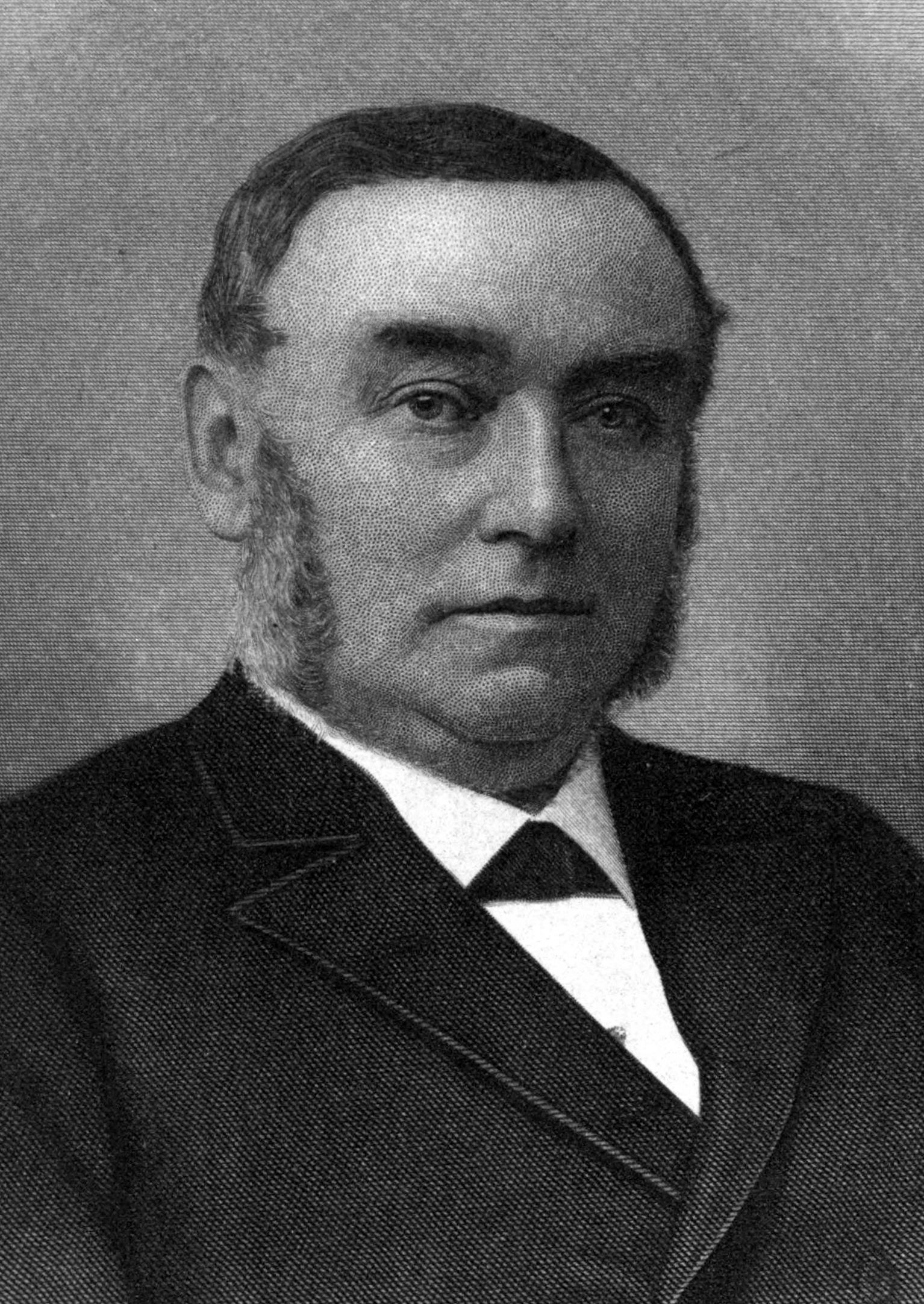Get Today in Masonic History into your Inbox. Sign up today for one of our email lists!
Need an article for your Trestleboard/Newsletter see our Use Policy
George William Childs Passes Away

Today in Masonic History George William Childs is born in 1894.
George William Childs was an American publisher.
Childs was born on May 12th, 1829 in Baltimore, Maryland. It is unclear who is parents were and was raised by an unidentified aunt. He attended public schools and at the age of 12, while still in school, began working in a local bookshop. At the age of 13 he joined the United States Navy serving for 15 months. After leaving the Navy he, again, went to work in a bookshop. This time his employer was so impressed with his trustworthy behavior in business, he was assigned additional duties. By the age of 16 he was traveling to New York City and Boston for publishing trade shows.
By the time Childs turned 18, he had saved several hundred dollars. He used the money to open his own business. He rented space in the Philadelphia Public Ledger building and was heard on several occasions stating he'd one day own the paper.
In 1850, Childs was offered a partnership in a publishing firm R.E. Peterson & Co. The name eventually changed to Childs and Peterson. The firm published useful, and largely unexciting titles. Mostly it was an avenue for Childs, who was developing a reputation as a marketing genius, to flex his business muscles. The firm was able to convince schools to purchase their book Familiar Science as a text book. Childs was the first to use endorsements, sometimes called "blurbs", of famous people and celebrities of the time. He also developed the idea of what is now known as a "book tour."
When the American Civil War broke out, the Philadelphia Public Ledger came out in support of the Copperhead Policy. The policy advocated for the Union to avoid the war and negotiate with the Confederacy. This did not sit well with the largely Union Loyalist readers. The paper lost money and created an opportunity for Childs to fulfill his earlier dream of owning the paper. In 1864, he partnered with long time friend Anthony J. Drexel, founder of Drexel University in 1891, to purchase the failing paper. Childs immediately changed the stance of the paper to Union Loyalist, raised the cover price of the paper to $0.02, the previous management refused to raise the price afraid of sinking deeper into debt, and increased the cost for ad space. Initially the changes had little effect and the paper sank further into the red, eventually the paper rebounded and by the time of Childs passing it was estimated to make $500,000 annually.
In 1880, Childs and Drexel purchased land along the Pennsylvania Railroad, just west of Philadelphia. There they created one of the early planned communities in the United States. They built churches and homes and eventually the community, originally called Wayne Estate, became Wayne, Pennsylvania.
Childs was also close friends with President Ulysses S. Grant. In Grant's final days he called on him to help him publish his memoirs to provide for family after his passing. Childs recommended he go to Charles L. Webster & Co, where Mark Twain was a principal.
In 1887, a movement arose to draft Childs to be the next Republican nominee for President. In 1888 he was quoted in the New York Times as saying, "I am not a candidate and neither would I accept the nomination for President."
Among some of his notable philanthropies were giving money in 1875 to build a monument in Baltimore to Edgar Allan Poe and in 1884 he loaned $500 to Walt Whitman to help him purchase his home in Camden, New Jersey.
Childs passed away on February 3rd, 1894.
Childs was a member of Industry Lodge No. 141 in Philadelphia, Pennsylvania.
Throughout his life Childs was known for his philanthropy and generosity. He was once quoted about business "Meanness is not necessary to success in business, but economy is."
This article provided by Brother Eric C. Steele.

